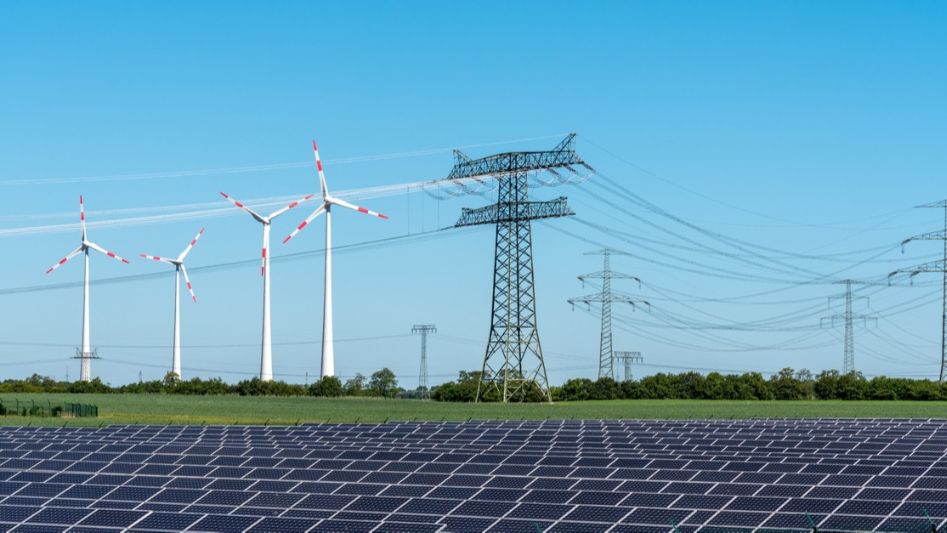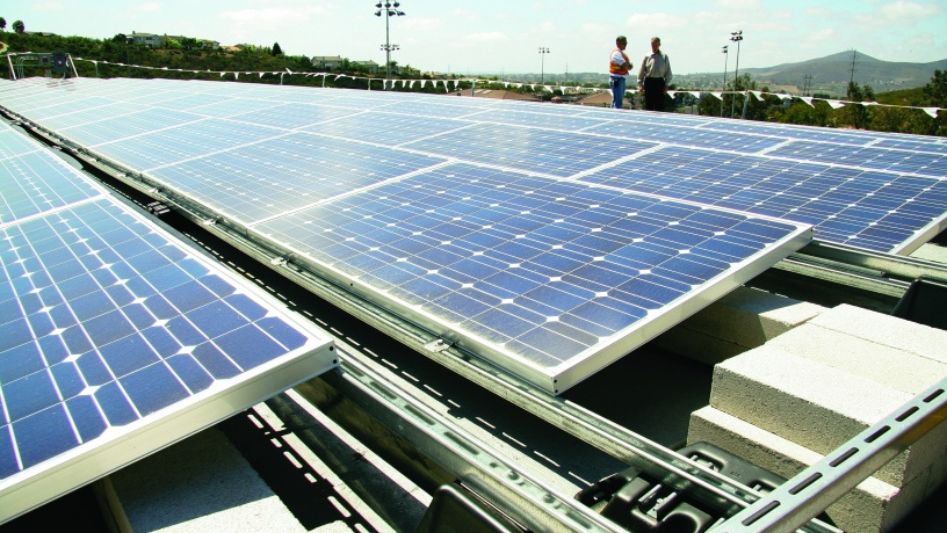Renewable energy is derived from natural sources that are replenished over time, such as solar, wind, hydro, and geothermal power. Investing in renewable energy can provide numerous benefits for both investors and the environment. This article explores the benefits of investing in renewable energy.
Table of Contents
Environmental Benefits
Renewable energy is clean and emits little to no greenhouse gases, unlike traditional fossil fuels. Investing in renewable energy can help reduce carbon emissions and mitigate the impacts of climate change. The use of renewable energy also reduces air pollution and water contamination, which can have a positive impact on public health.

Economic Benefits
Investing in renewable energy can create jobs and stimulate economic growth. Renewable energy projects require a workforce for construction, installation, and maintenance, creating employment opportunities for local communities. Additionally, renewable energy projects can generate revenue for landowners who lease their land for wind or solar farms, providing an additional source of income for rural communities.
Energy Independence
Investing in renewable energy can help reduce dependence on foreign oil and increase energy independence. Unlike fossil fuels, renewable energy sources are domestic and can be harnessed locally, reducing the need for imports and foreign energy sources.
Lower Costs
Investing in renewable energy can result in lower energy costs over time. The cost of renewable energy technology, such as solar panels and wind turbines, has decreased significantly over the past decade, making it more cost-competitive with traditional fossil fuels. Additionally, renewable energy projects have low operating costs and can provide a stable source of energy with little price volatility.

Diversification
Investing in renewable energy can help diversify investment portfolios. Renewable energy projects provide an opportunity for investors to invest in a growing industry with long-term growth potential. As the demand for renewable energy increases, so will the value of renewable energy investments, providing a hedge against inflation and market volatility.
Government Incentives
Many governments offer incentives and tax credits for renewable energy investments, making it an attractive investment opportunity. These incentives can include rebates, tax credits, and production-based incentives, which can significantly reduce the upfront costs of investing in renewable energy.
Conclusion
Investing in renewable energy can provide numerous benefits, including environmental, economic, and energy independence benefits. Renewable energy is a growing industry with long-term growth potential, and investing in renewable energy can help diversify investment portfolios and provide a hedge against inflation and market volatility. With the increasing demand for renewable energy and government incentives, renewable energy investments can provide attractive returns for investors while also contributing to a more sustainable future.

FAQ
What is renewable energy?
Renewable energy is energy that is derived from natural sources that are replenished over time, such as solar, wind, hydro, and geothermal power.
Why is investing in renewable energy important?
Investing in renewable energy is important for reducing carbon emissions and mitigating the impacts of climate change. It can also create jobs, stimulate economic growth, and provide a stable source of energy with little price volatility.
How do renewable energy projects generate revenue?
Renewable energy projects can generate revenue through the sale of energy to the grid, as well as through government incentives and tax credits.
What are some types of renewable energy technologies?
Some types of renewable energy technologies include solar panels, wind turbines, hydroelectric power, geothermal power, and biomass.
Is renewable energy more expensive than traditional fossil fuels?
While the upfront costs of renewable energy projects can be higher than traditional fossil fuels, the long-term operating costs are lower, making renewable energy more cost-competitive over time.
You May Also Like
- WHAT IS LITHIUM USED FOR IN RENEWABLE ENERGY?
- FROM SOLAR PANELS TO WIND TURBINES: RENEWABLE ENERGY IN THE CITY
- THE IMPACT OF BATTERY STORAGE TECHNOLOGY ON THE GROWTH OF RENEWABLE ENERGY
- REWIND TO THE FUTURE: HOW CLASSIC MOVIES IMAGINED A WORLD POWERED BY RENEWABLE ENERGY
- THE LESSONS OF NUCLEAR POWER FOR THE FUTURE OF RENEWABLE ENERGY
